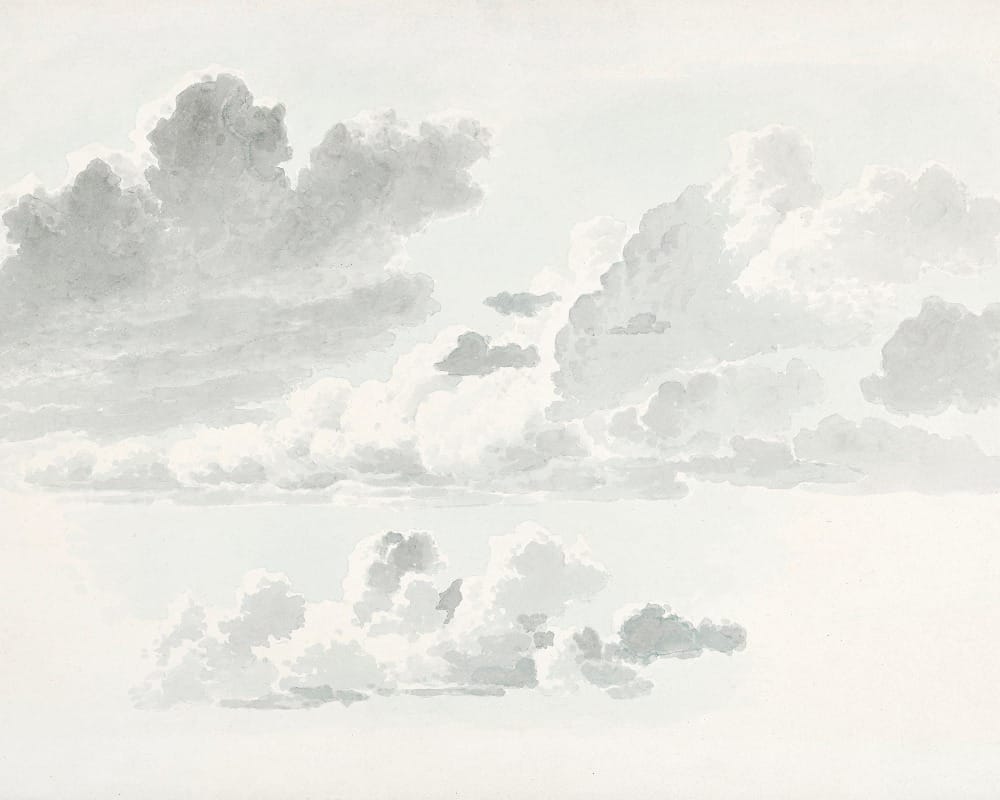The Case For Drowning Out the News
Social expectations and democracy dictate that it’s our duty to tune in to the news. It’s ruining our health.

“You could write a ‘We Didn’t Start the Fire’ just about the last week,” Casey Dolan, a producer at MSNBC tweeted back in July.
She was making a reference to the tempestuous lyrics of Billy Joel’s 1989 hit that breathlessly chronicles the plethora of era-defying political and cultural occurrences that had unfolded over the 50 years before the record was released: Joel’s lifetime.
Dolan’s tweet has since been viewed more than 500,000 times. I've joined about 12,000 people in hitting the like button. I’d giggle-groaned as I scrolled through the replies: “Shooters’ stance, JD Vance, Dems and Biden do a dance…”
Dolan has a point. Each week I’m hit with an onslaught of headlines that, even individually, would be enough to overwhelm: The world is at war; the planet is boiling; politicians are being shot at, financial markets are in meltdown. And that’s just what makes the front page.





